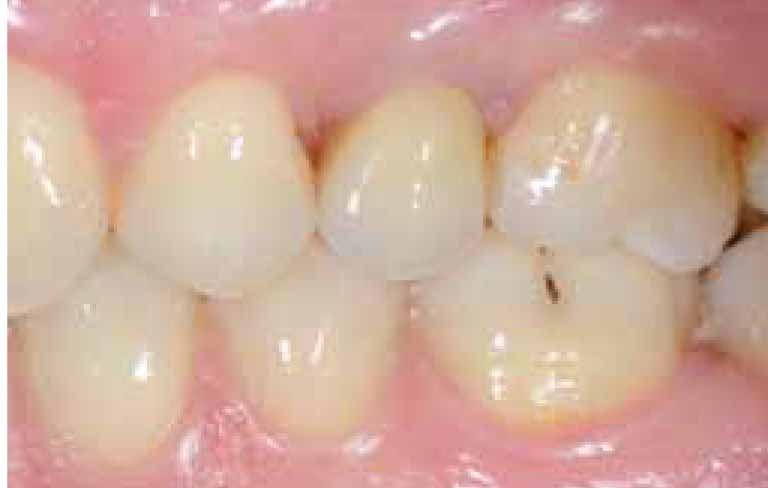CAD/CAM cobalt-chromium alloy single crowns in posterior regions: 4-year prospective clinical study

HTML: 39
All claims expressed in this article are solely those of the authors and do not necessarily represent those of their affiliated organizations, or those of the publisher, the editors and the reviewers. Any product that may be evaluated in this article or claim that may be made by its manufacturer is not guaranteed or endorsed by the publisher.
Aim To evaluate the 4-year clinical outcomes of ceramic veneered CAD/CAM Co-Cr single crowns supported by natural teeth in posterior regions.
Material and methods Eighty-nine patients were provided with 120 ceramic veneered CAD/CAM Co-Cr single crowns replacing either premolars and molars. Specific inclusion criteria were set and tooth preparations were standardized and performed by undergraduate students under the supervision of 2 expert prosthodontists. CAD/CAM Co-Cr frameworks were fabricated and veneered with ceramics. The restorations were cemented using a self-etching, dual-cure resin luting agent. The patients were recalled at follow-up every 6 months after baseline evaluation, for a total observational period of 4 years. The survival and success rates of the restorations were evaluated. The technical and esthetic outcomes were examined using the United States Public Health Service criteria. The biologic outcomes were analyzed at abutments and contralateral teeth and descriptive statistics were performed.
Results None of the SCs was lost at follow-up, resulting in 100% cumulative survival rate and 99.2% cumulative success rates. No losses of retention were recorded. One hundred and eighteen restorations were rated alpha in all the measured parameters. A minor chipping of the veneering porcelain was detected in 1 restoration. No significant differences between the periodontal parameters of test and control teeth were observed.
Conclusions CAD/CAM Co-Cr single crowns proved to be a valid treatment option and a viable alternative to noble metal-ceramic restorations in posterior regions after 4 years of clinical function.
The Journal of Osseointegration has chosen to apply the Creative Commons Attribution NonCommercial 4.0 International License (CC BY-NC 4.0) to all manuscripts to be published.


 https://doi.org/10.23805/jo.2017.09.03.03
https://doi.org/10.23805/jo.2017.09.03.03







